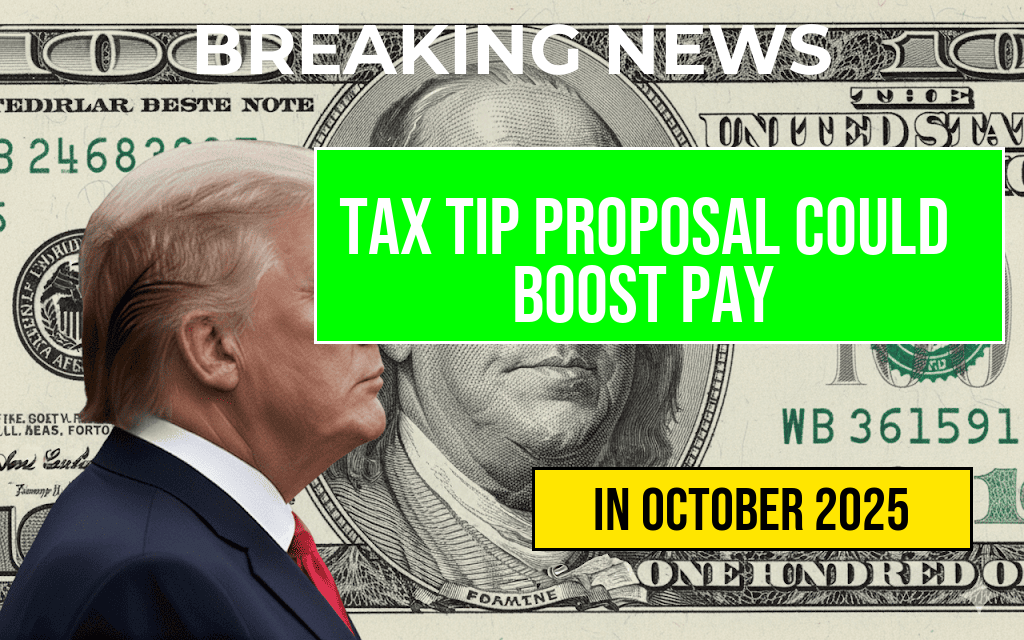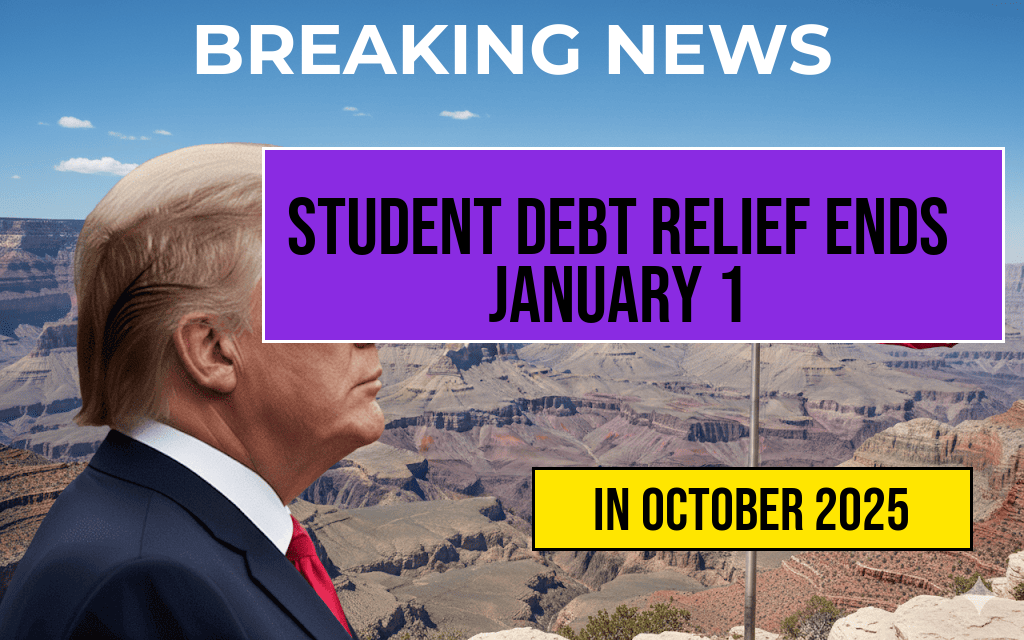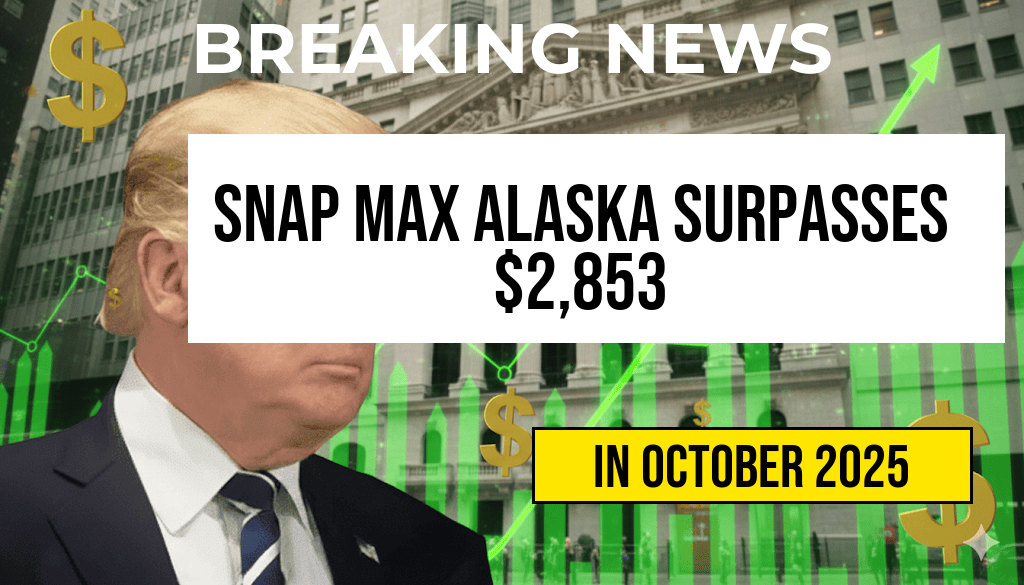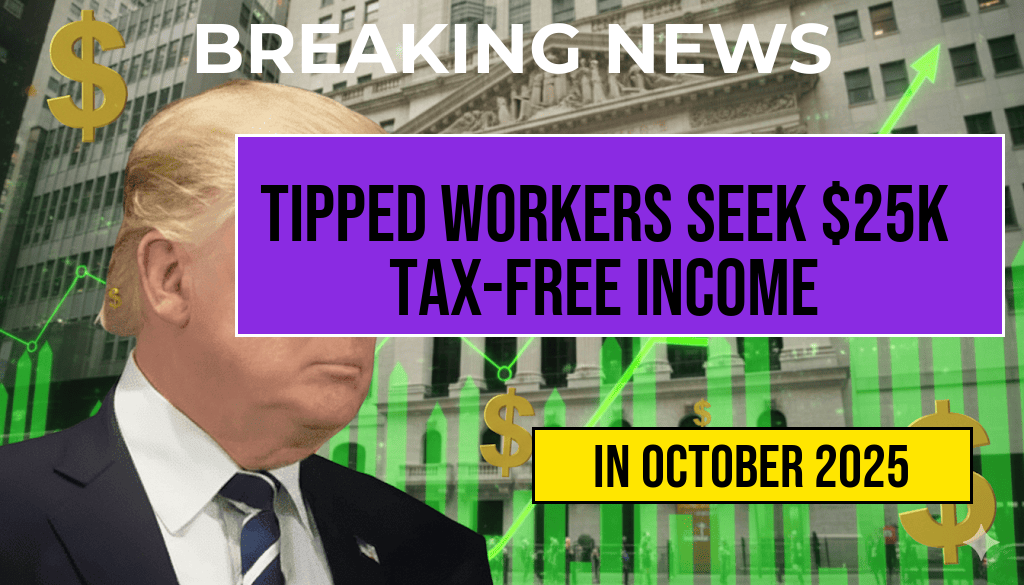Student Debt Forgiveness Expiration: Tax on Cancelled Balances Resumes January 1, Eliminating $20,000 Relief
Starting January 1, 2024, millions of borrowers who received student debt forgiveness will face a significant change: the IRS will once again consider canceled debt as taxable income. This shift effectively cancels the federal government’s previous relief measure that exempted up to $20,000 of student debt cancellation from taxation. As a result, many borrowers may encounter unexpected tax bills, potentially reducing the financial benefits they expected from debt relief programs. The move marks the end of a temporary tax exemption introduced during the COVID-19 pandemic, which aimed to ease the economic burden on borrowers during unprecedented times. With the expiration of this exemption, individuals who had their student loans forgiven in 2023 will now need to prepare for tax implications that could amount to thousands of dollars, depending on the amount forgiven and their income level.
Background: Student Debt Forgiveness and Tax Implications
Student debt forgiveness programs have been a focal point in discussions about easing the financial strain on millions of Americans. The Biden administration announced plans to forgive up to $20,000 of federal student loans per borrower, intending to provide relief amid rising student debt levels. However, the Internal Revenue Service (IRS) considers forgiven debt as taxable income unless specific exemptions apply, which has historically led to tax liabilities for borrowers receiving debt relief.
During the COVID-19 public health emergency, the federal government temporarily suspended the taxation of student loan debt cancellations, providing a significant financial reprieve. This policy, enacted through executive action, aimed to support Americans struggling during the pandemic’s economic fallout. When the exemption expired in 2021, debates reignited regarding the fairness and economic impact of taxing forgiven debt, prompting legislative and administrative discussions.
Key Changes Set for 2024
| Period | Tax Status of Forgiven Debt | Notes |
|---|---|---|
| Before 2021 | Taxable | Standard IRS rules applied; forgiven debt counted as income |
| 2021–2023 | Tax-exempt | Temporary exemption during COVID-19 emergency |
| Starting January 1, 2024 | Taxable again | Exemption expires; forgiven debt considered taxable income |
Borrowers who had their student loans forgiven in 2023 will need to report the canceled amounts on their 2023 tax returns, which are due in April 2024. The amount subject to taxation depends on the total debt forgiven and the borrower’s income level, with higher earners facing steeper tax liabilities. Experts warn that this change could result in unexpected tax bills, potentially offsetting the financial relief borrowers had anticipated.
Impact on Borrowers and Financial Planning
For many, the return of taxation on student debt forgiveness introduces new financial considerations. Borrowers who expected up to $20,000 in relief might now face tax bills that surpass that amount, especially if their forgiven balances are substantial. This could lead to significant out-of-pocket expenses, sometimes requiring borrowers to seek additional financing or dip into savings to cover their tax liabilities.
- Tax calculations: Borrowers should consult IRS guidelines or tax professionals to estimate their liabilities based on their forgiveness amount and income.
- Payment planning: Some may consider setting aside funds ahead of tax season to avoid surprises.
- Policy debates: Critics argue that taxing forgiven student debt undermines relief efforts, while others contend it aligns with federal tax principles.
Looking Ahead: Legislative and Policy Responses
Legislators and advocacy groups continue to debate the fairness of taxing forgiven student debt. Some lawmakers are pushing for extended exemptions or permanent reforms to exempt student debt forgiveness from taxation altogether. The Biden administration has signaled ongoing interest in providing additional relief measures, but any legislative changes would require congressional approval.
Meanwhile, experts recommend that borrowers monitor IRS updates and consult tax professionals to navigate potential liabilities effectively. Resources such as the IRS website (irs.gov) and financial advisories can provide guidance on reporting forgiven debt and understanding applicable exemptions.
Summary of Key Dates and Considerations
| Date | Event | Action Needed |
|---|---|---|
| January 1, 2024 | Resumption of taxation on forgiven student debt | Prepare for potential tax liabilities |
| April 15, 2024 | Tax filing deadline for 2023 | Report forgiven debt and pay applicable taxes |
| Ongoing | Monitor legislative developments | Stay informed about potential policy changes |
As the new year approaches, borrowers should review their debt forgiveness agreements and consider consulting tax professionals to ensure compliance and optimize their financial planning. The expiration of the temporary tax exemption underscores the importance of understanding how federal policies can significantly influence personal finances, especially amid ongoing debates over student loan debt relief strategies.
Frequently Asked Questions
When does the student debt forgiveness relief expire?
The student debt forgiveness relief expires on January 1, ending the temporary tax exemption on canceled student loan balances.
What happens to canceled student debt after the relief expiration?
Starting January 1, canceled student loan balances will be considered taxable income, resulting in a tax liability that borrowers will need to address.
How much debt cancellation will be affected by the expiration?
The expiration impacts up to $20,000 in canceled student debt relief, which will now be subject to taxation.
Will this change affect borrowers who received previous student debt forgiveness?
No, borrowers who received debt forgiveness before January 1 are not affected by the expiration and will not face new tax liabilities related to this change.
What should borrowers do to prepare for the tax implications?
Borrowers should consult with tax professionals and plan for potential tax liabilities resulting from canceled student debt after January 1.










